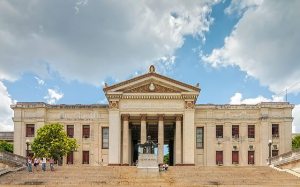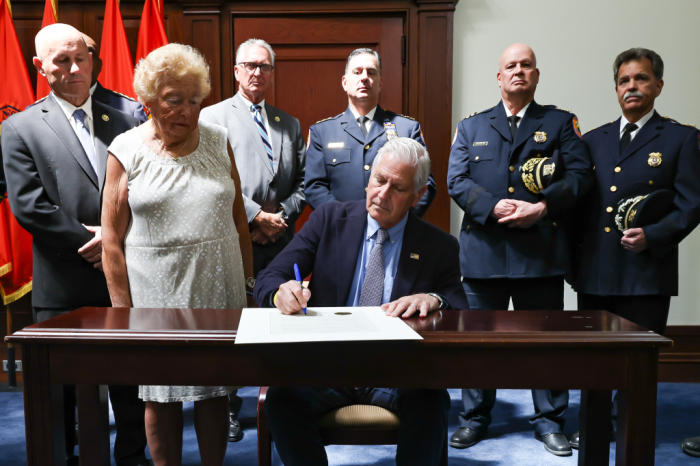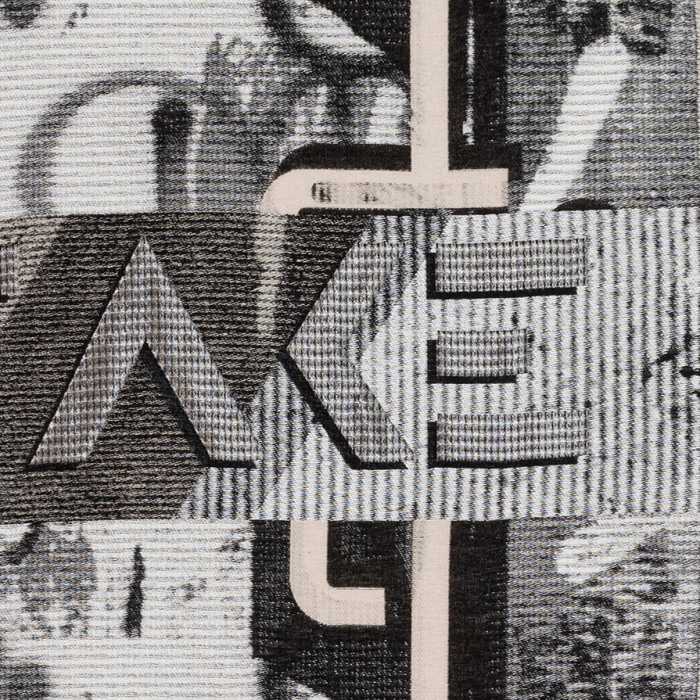
In February, my wife Wendy and I had the honor of traveling to Cuba with American Board of Criminal Lawyers (ABCL) for cultural and legal events. We attended museums, galleries, heard talks by Cuba’s former Ambassador to the United Nations and Professors of Law at the University of Havana School of Law.
In this country of 11 million people, the average per capita income is $20 per month. They do pride themselves on everyone having free medical and dental care, a ninth grade literacy level—the highest in Latin America—and an average life expectancy of 78 years. In going to Cuba you are taking a trip back in time to the Eisenhower years. Many things have not changed since then. The infrastructure is in a deplorable state. They claim to have no homelessness, no crime and no unemployment, facts which are seemingly implausible even in a communist state. Similarly, their claims of hurricane damage in 2008 estimated by them to be just under 10 trillion dollars also seems unrealistic in light of Sandy not approaching that level.
There is a vast underground economy from the fully restored American cars of the 1950s now used as taxis, to tour guides, to flea markets, to just about everything. In the 1950s, Cuba had a violent revolution with Fidel Castro and Che Guevara among its leaders. Cuba had been the subject of countless revolutions before and had even been the situs for the Spanish American War. Fidel Castro is a lawyer, a brilliant orator and organizer. He did not become President until 1975.
At the end of the Cuban Revolution in 1959 10,000 properties were nationalized and turned over to the people. Approximately 500,000 Cuban exiles have left the country. President Kennedy imposed an embargo on Cuba in 1960 which remains to this day although travel to the country is now permissible by United States residents.
Castro, Guevara and those who supported the revolution are considered to be national heroes not unlike our Founders who declared their independence from Great Britain. But the difference is that the United States did not seek to destroy free enterprise and with our Constitution and Bill of Rights we established freedoms which we cherish today. Cutting through the propaganda, both from the United States and in this third world country, one is left with the unmistakable impression that the embargo and communism have both taken a toll on the Cuban people. The Cuban people are wonderful but the embargo and communism have limited their advancement. Communism will not end any time soon but it is time to stop punishing the Cuban people. The Cuban people are desperate to encourage more American tourism and to end the embargo.
President Obama’s forthcoming trip to Cuba in March, the first by a U.S. President in nine decades, does not make him a socialist or a communist as some on the far right will no doubt suggest, but it may enable him to lift the embargo, restoring trade with Cuba. The Cuban exiles here in the United States are likely to be embittered if such changes occur but their collective anger at Castro has hurt the innocents in Cuba. The fear by some that Castro would seek to bring about communism in the United States or that Cuba would strive to re-invigorate its ties with Russia against the United States is overrated in light of the fact that Russia has not helped Cuba to break the prevalent poverty there.
For more than 500 years Cuba, just 90 miles south of Florida, remains the jewel in the Caribbean. It is still a rich source of sugar and other resources but when President Obama goes there he will no doubt also be pushing the Cuban government to improve its record of human rights and to enact a Constitutional form of government that provides for democracy and the freedoms that we have in our Bill of Rights.
Free speech in Cuba is not tolerated. It is punished as treason. Yet the number of dissidents continues to grow.
Profound questions of law remain in Cuba which, among other things, does not have jury trials or rules of evidence. Cuba’s resurrection may depend on the advice it receives from the United States and the speed with which it implements changes for the good of American businesses and the people of Cuba. Cuba may also have to make restitution for the damages which the Revolution caused to American businesses there and its exiles. The Mafia and Meyer Lansky’s descendants should not be among those expecting repayment but legitimate businesses and exiles should be entitled to some recompense. All things considered, there is a lot to be said for free enterprise over communism.
The American Embassy is back in operation in Cuba. It is a big change with many more to follow.


































